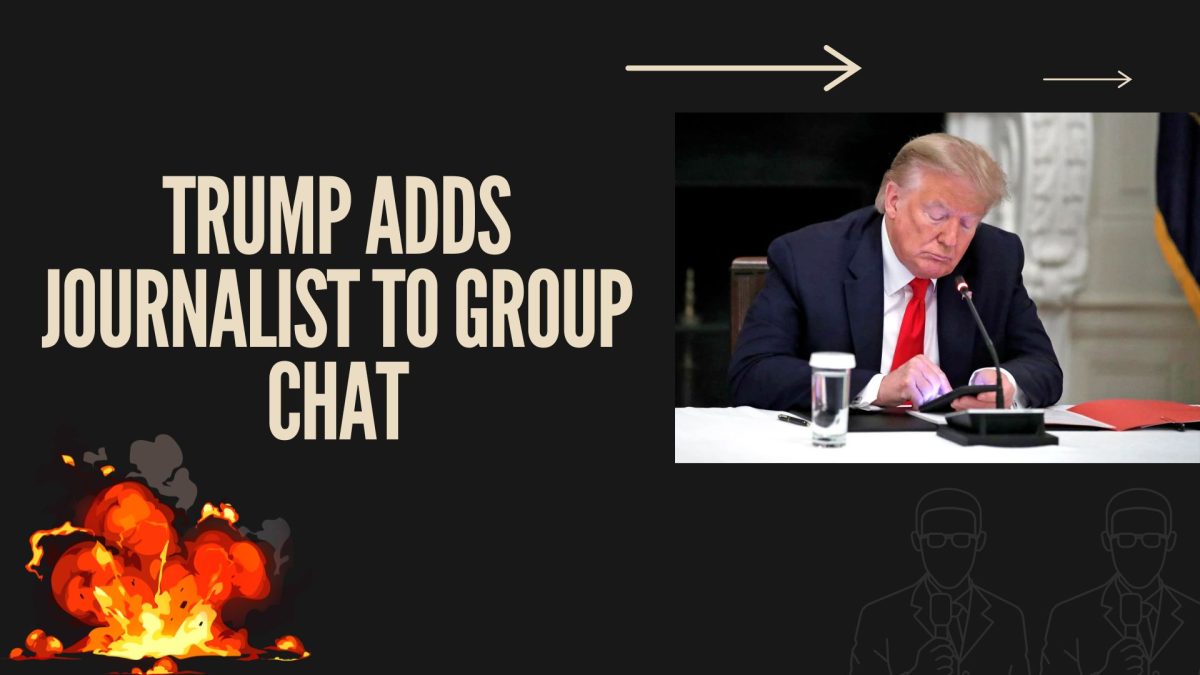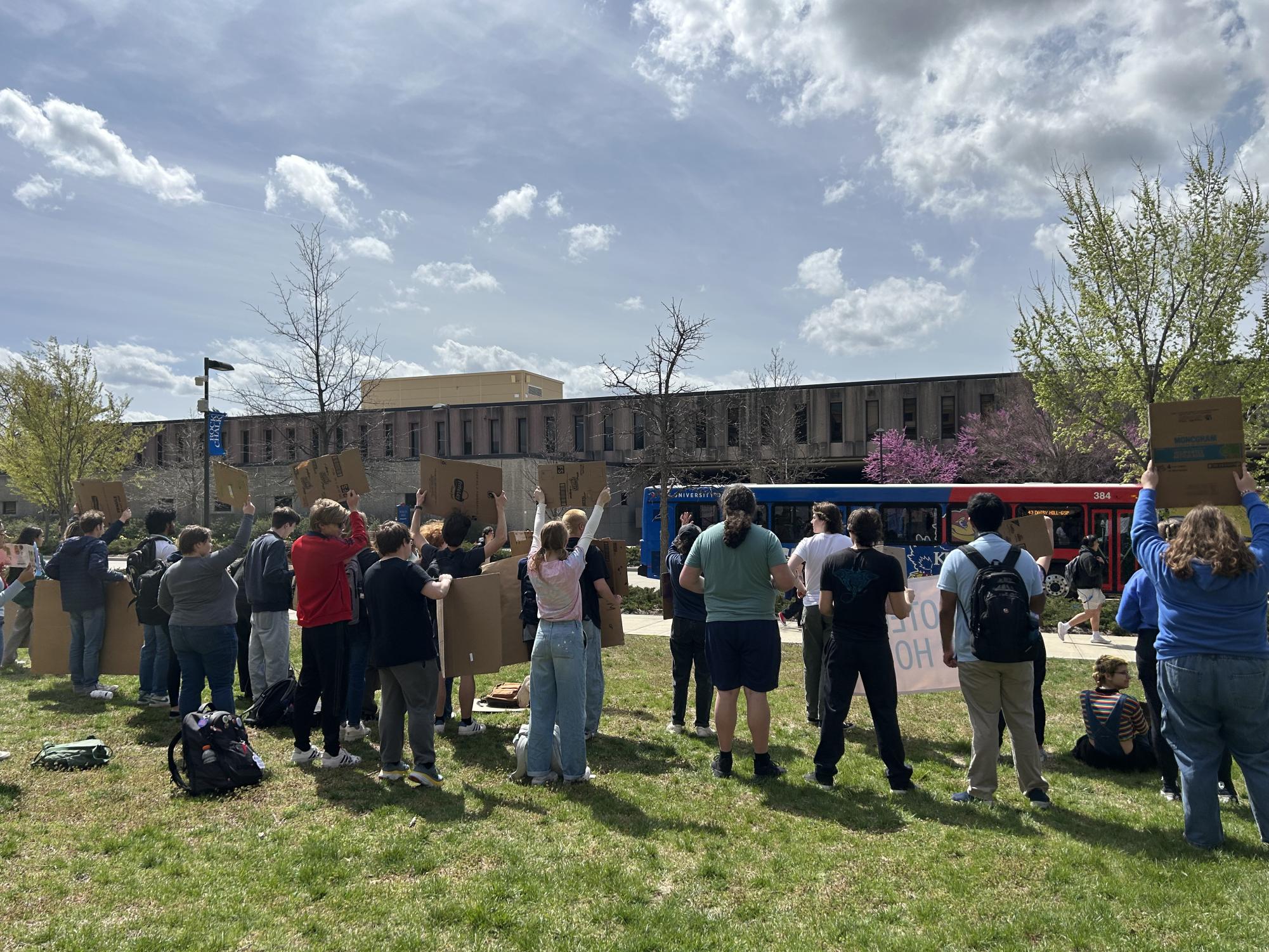Jeffrey Goldberg, journalist from The Atlantic, disclosed that he was unintentionally included in a group chat with high-ranking U.S. national-security officials. The exchange contained comprehensive details regarding a planned military strike targeting Houthi positions in Yemen.
The messages, exchanged on a commercial messaging app, included specific targets, weapons and the timing of the attack. Initially skeptical, Goldberg realized the information was legitimate when the strikes occurred exactly as described.
On March 15, at 11:44 a.m., Defense Secretary Pete Hegseth accidentally sent Goldberg the war plan. Two hours later, the U.S. launched its airstrikes, confirming the accuracy of the leaked information.
This security breach exposed sensitive military plans to an unintended recipient. It also raised concerns about how securely top officials handle classified communications.
“I first came across this on a TikTok video. At first, I found it funny and laughed, but if I think on a deeper level, it’s really concerning,” said Pratikshya Khadka, a freshman mathematics major.
U.S. President Donald Trump and other senior officials dismissed the concerns, claiming no classified information was leaked.
“It wasn’t classified information,” Trump said.
Trump tried his best to minimize the significance of the incident. Hegseth also refuted claims that war plans had been shared via text.
“Nobody was texting war plans. And that’s all I have to say about that,” Trump said.
DNI Director Tulsi Gabbard and CIA Director John Ratcliffe testified before the Senate Intelligence Committee, stating that the leaked messages did not pose a threat to national security.
“While mistakes happen, and we all know Trump, the nature of this error is such a reckless approach. This raises concern about how security top officials handle intelligence and war plans,” said Rubina Ghimire, junior computer information sciences major.
Despite these denials by government officials, The Atlantic chose to release the full text exchanges. The publication argued that the administration’s conflicting statements made it necessary to release the text.
Before making the messages public, The Atlantic reached out to multiple government agencies, including the CIA, DNI, NSC, the Defense Department and the White House, to see if they objected to the release.
The CIA only requested that a CIA officer’s name be withheld. The White House opposed the publication, but did not clarify which parts of the texts it considered sensitive.
Administration officials accused The Atlantic of misrepresenting the situation. In response, the publication stated that releasing the messages would allow the public to judge the truth for themselves.
This incident highlights the risks of using unsecured messaging platforms for critical government discussions. A simple mistake resulted in the exposure of a classified military operation.
Edited by Jayme Thompson










